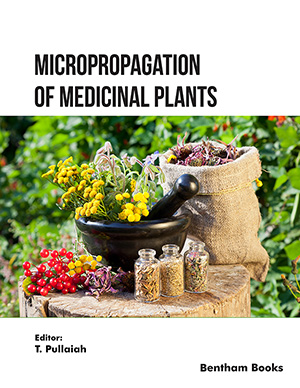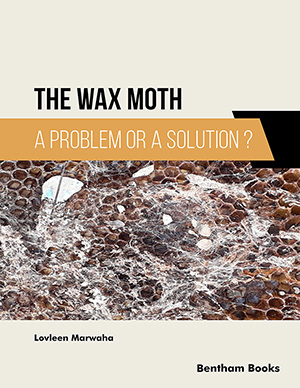Abstract
Decalepis hamiltonii Wight & Arn. (Family: Apocynaceae) is a climber
native to Southern Peninsular India, commonly called Swallow Root. The plant is used
in Ayurveda, Siddha and other traditional systems of medicines as a blood purifier,
appetizer, rejuvenator, wound healing agent, etc. Apart from this, various other
medicinal uses and pharmacological properties created a great demand for this plant
that has resulted in destructive harvesting practices in the wild. The plant is generally
reproduced through seeds; however, in most of the cases, germination is an intricate
process due to its poor seed viability and delayed seed production. Hence, its
population has gradually declined due to over-harvesting of medicinally important
tuber. International Union of Conservation of Nature (IUCN) declared all the species of
Decalepis as ‘Critically Endangered Globally’. In the present chapter, complete
information on traditional uses, phytoconstituents and micropropagation of
ethnomedicinally important and critically endangered species D. hamiltonii is
discussed.
Keywords: Apocynaceae, Critically Endangered, IUCN Red List, Swallow Root, Traditional Medicine.






















